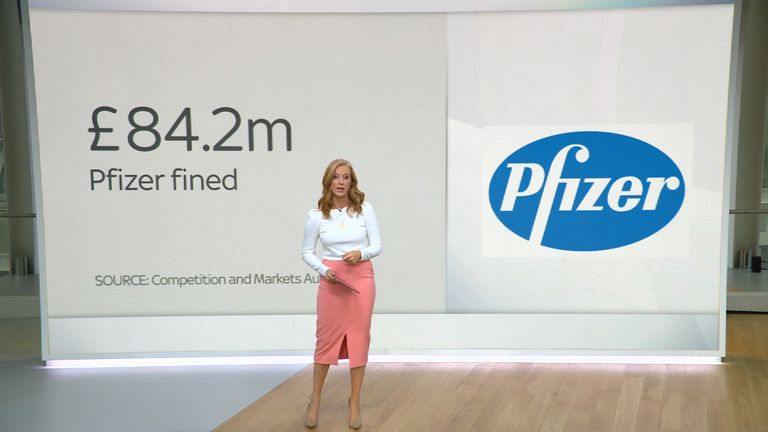The Legal Test for Excessive Pricing Clarified by The Court of Appeal
- Renee Kalia

- May 6, 2020
- 2 min read

In March 2020, The UK Court of Appeal dismissed the UK Competition and Markets Authority’s appeal in the Phenytoin case.
Phenytoin sodium is a prescription anti-epilepsy drug available in capsules and tablets and manufactured and sold by Pfizer under the brand name Epanutin.
In 2012, Pfizer transferred the marketing authorisation for the capsule form of phenytoin sodium to Flynn Pharma Limited, but continued manufacturing the capsules for Flynn, who then sold them to the NHS.

Prior to the transfer of the MA, the price for the capsules was regulated under the PPRS. Following the transfer of the MA, Flynn de-branded Epanutin and began to distribute a generic version of the drug. As only branded drugs are covered by the PPRS, the generic version of the drug was not price regulated. Following de-branding, Pfizer increased its manufacturing price for the capsules by between 783% and 1,615%, and Flynn raised the price at which it supplied the capsules to the NHS by between 2,387% and 2,656%.
Pfizer’s price was calculated as a percentage of Flynn’s supply price to the NHS.
In December 2016, the CMA found that Pfizer and Flynn had abused their dominant positions in the markets for the manufacture and distribution of phenytoin sodium capsules, respectively, by charging excessive prices in the UK.

The CMA imposed a record fine of £84.2 million on Pfizer and £5.2 million on Flynn, and ordered both companies to reduce their prices.
In June 2018, the UK Competition Appeal Tribunal quashed the CMA’s decision after it found that the CMA had (i) misapplied the legal test for excessive pricing, (ii) not properly evaluated the evidence adduced by the companies by not taking sufficient account of the prices of comparable products, and (iii) not properly considered the economic value of phenytoin sodium capsules.
The CMA, supported by the European Commission, appealed the CAT’s judgment to the Court of Appeal.
On 10 March 2020, the Court of Appeal handed down its judgment which broadly upheld the CAT’s ruling.
It is worth reviewing and carefully considering the legal test for excessive pricing.





Comments